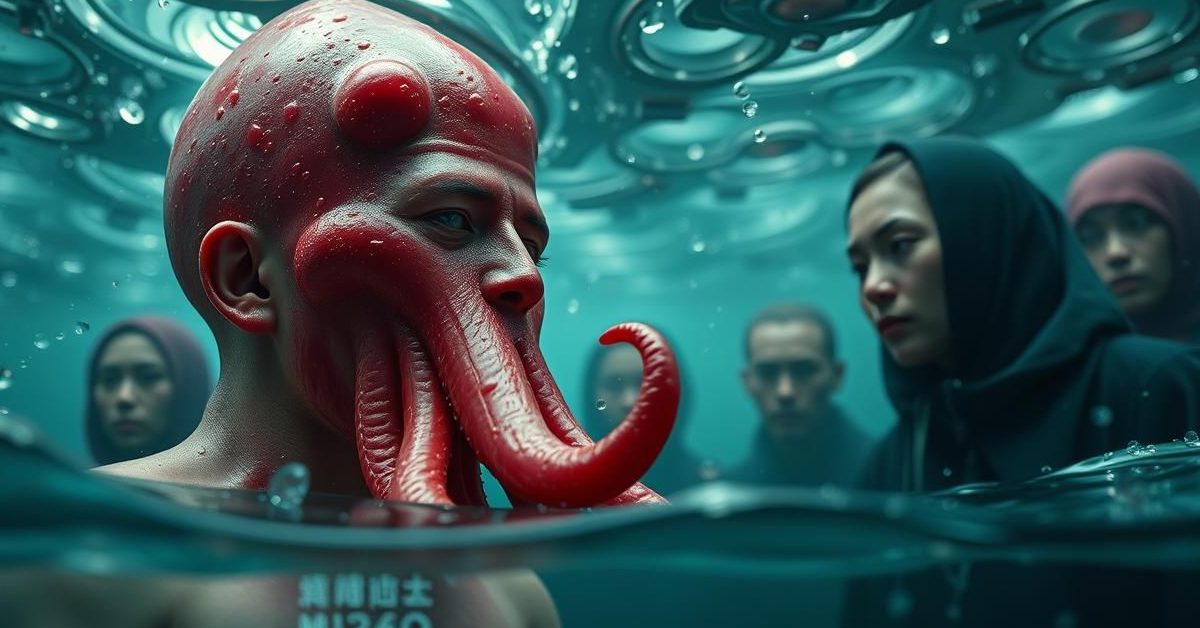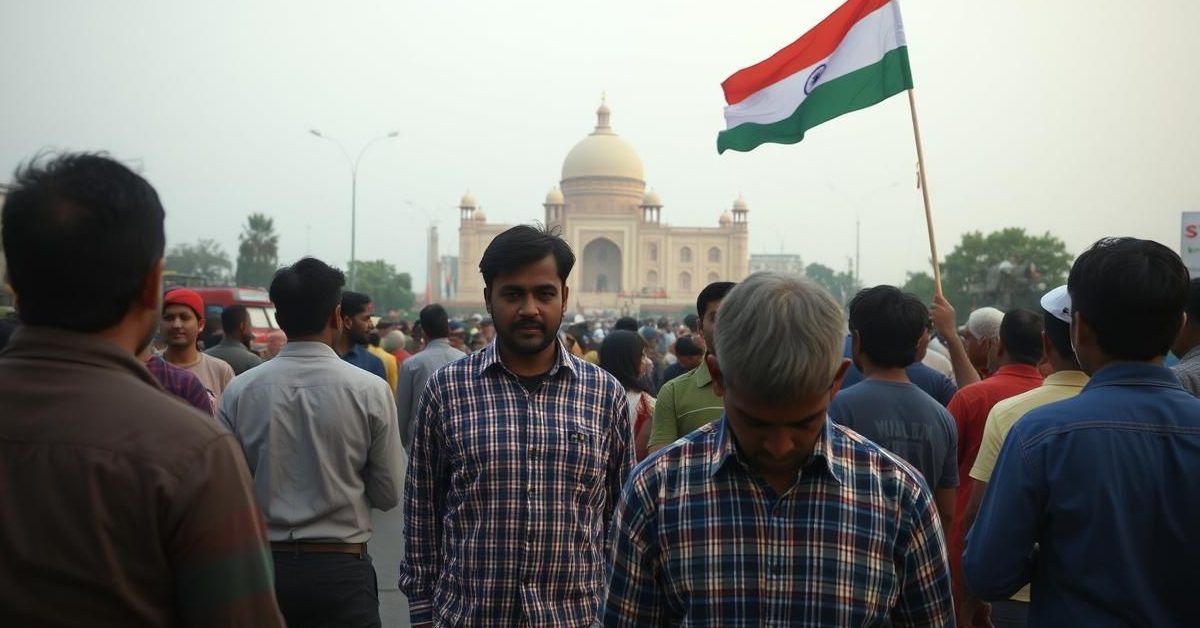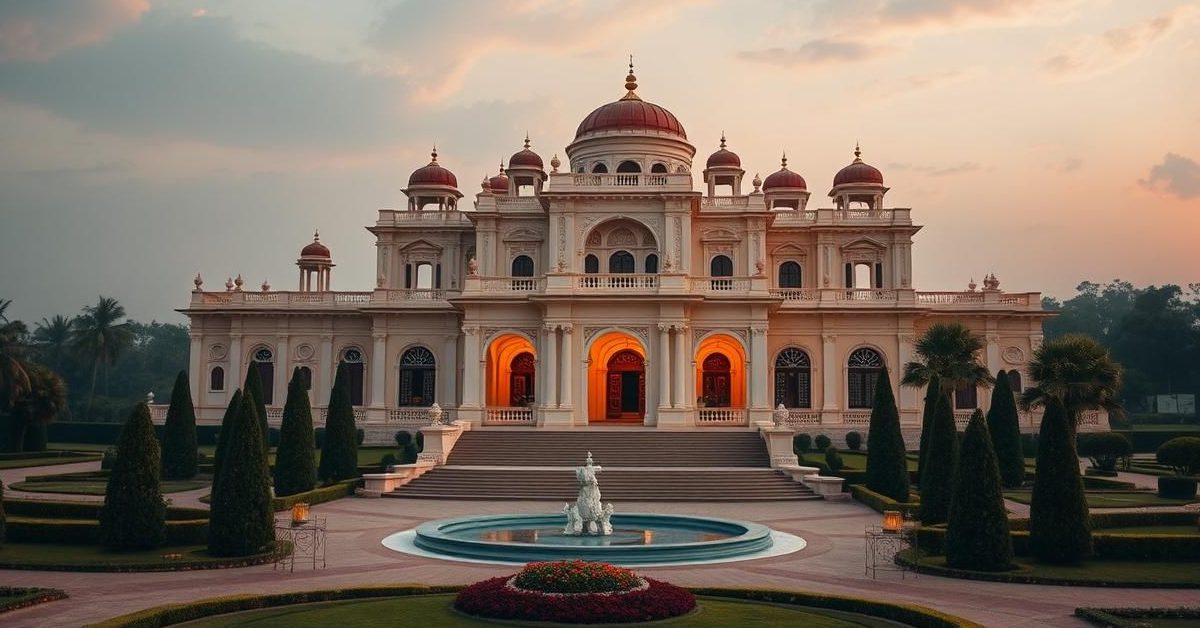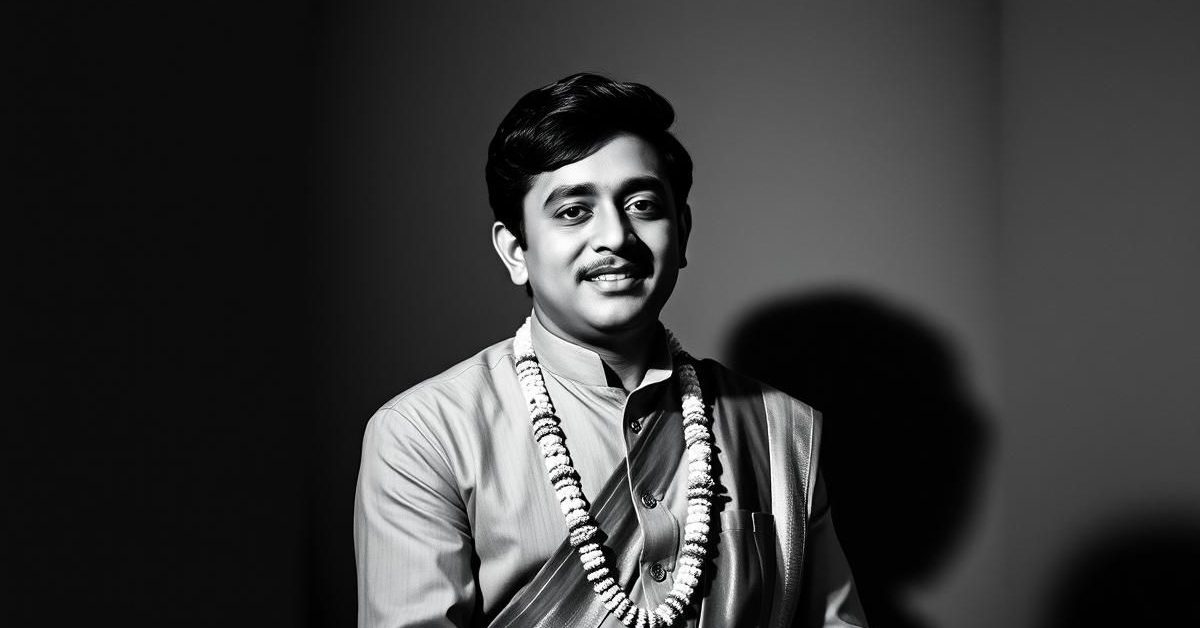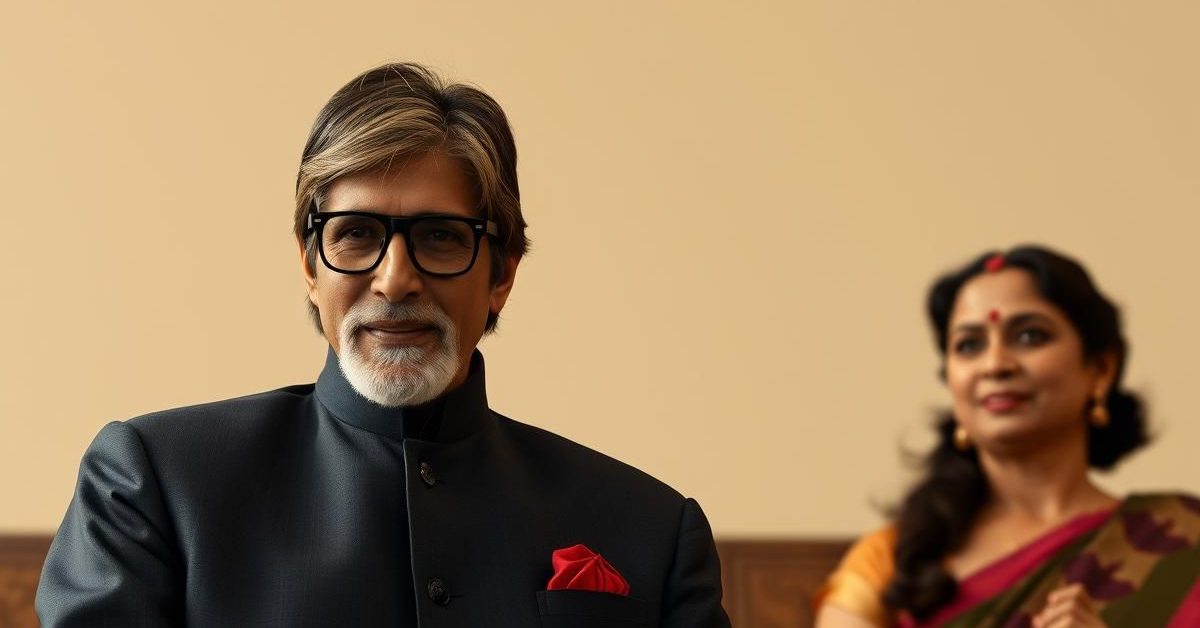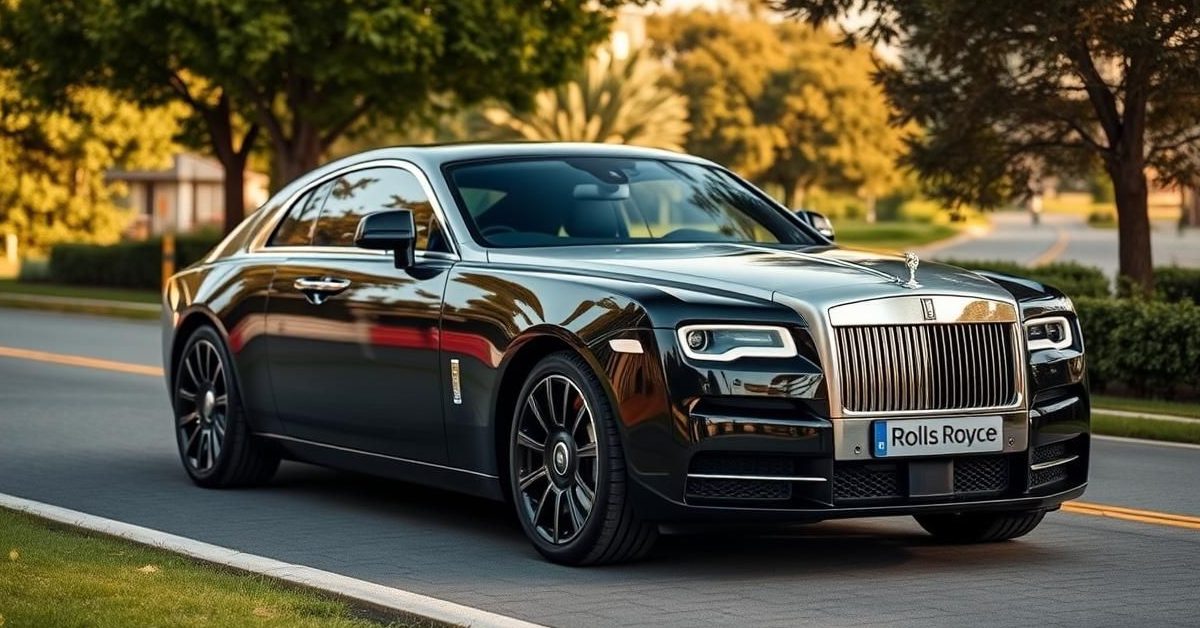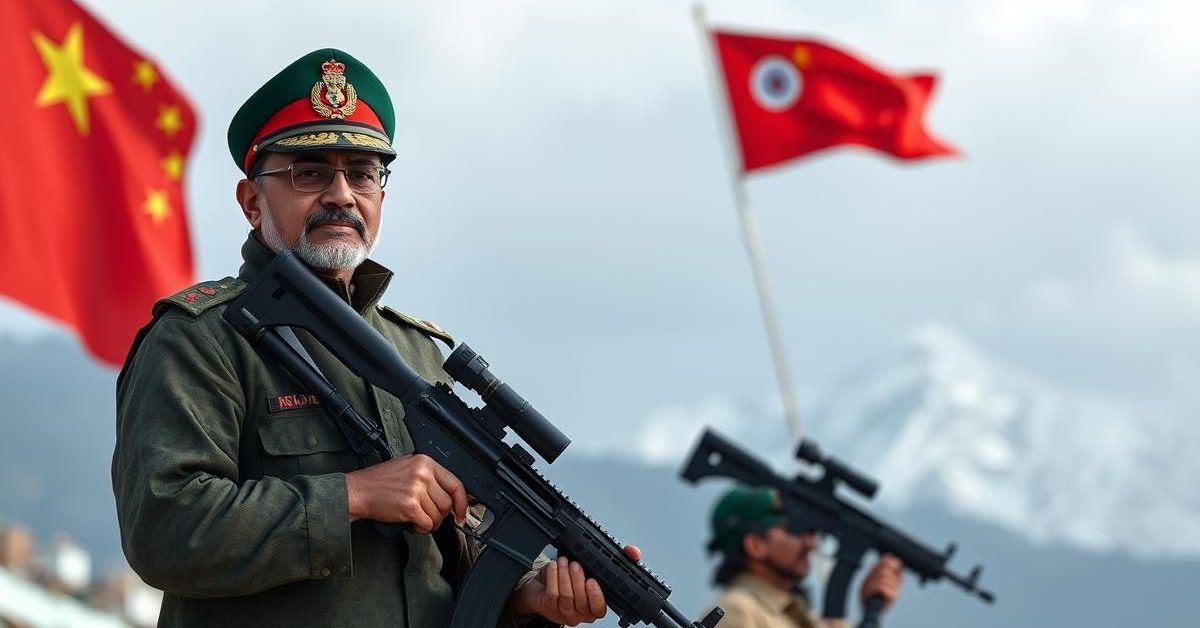The True Villains of Squid Game: Unmasking the Real-World Inspirations Behind the VIPs
Netflix’s global phenomenon, *Squid Game*, plunged viewers into a desperate fight for survival, where impoverished participants risked their lives in deadly children’s games for a massive cash prize. While the players’ brutal choices often shocked audiences, the series masterfully shifted blame, revealing that the true antagonists weren’t the desperate contestants, but the ultra-wealthy elite who watched their suffering for amusement. These enigmatic figures, known as the VIPs, embodied the chilling detachment of power, treating human lives as mere pawns in their grotesque spectacle.
Director Hwang Dong Hyuk, the visionary creator behind the series, recently offered profound insights to *Time* magazine, pulling back the curtain on the real-world titans and power brokers who shaped the disturbing presence of *Squid Game*’s most privileged characters. His revelations confirm that the show’s critique of wealth and influence is far from fictional.
From Shadowy Figures to Open Oligarchs: The Evolution of Squid Game’s VIPs
The VIPs made their opulent debut in *Squid Game* Season 1, Episode 7. Draped in gold animal masks, they sipped expensive alcohol, conversed in English, and placed bets on the players’ fates with chilling indifference, much like high-stakes gambling on a horse race. Initially, they remained cloistered in lavish suites, observing the deadly proceedings from behind a protective veil, meticulously managed by the enigmatic Front Man, portrayed by the esteemed actor Lee Byung Hun. The shocking twist of Season 1 unveiled the ultimate VIP: Player 001, Oh Il Nam, the dying mastermind who devised the entire deadly game out of sheer boredom and a desire for “fun,” a scathing indictment of the wealthy’s disconnect from everyday suffering.
However, a significant shift occurs in the narrative’s progression, particularly in what the director refers to as “Season 3” (referring to a potential future arc or the conceptual evolution of the VIPs). Here, these once-hidden VIPs descend into the game themselves, shedding their masks and directly participating in the violence.
Director Hwang’s Stark Realization: Power Unveiled
This evolution in the VIPs’ behavior was deliberately crafted by Director Hwang. He explained his intention to portray a stark contemporary reality: the affluent and powerful no longer feel the need to conceal their influence. “In the past, those that really controlled the system and maintained power were hidden behind the curtain, almost like this big unseen conspiracy,” Hwang told *Time*. “However, it’s no longer the case, especially in America.”
He elaborated on the rise of visible oligarchy, pointing to the prominence of modern tech moguls. “We talk a lot about oligarchy these days, but these so-called big tech owners, they step up, telling everyone who they’re backing with their money. They willingly take their masks off, almost as if to declare, ‘We’re the ones running everything. We’re the ones in control,” he added, highlighting a chilling transparency in today’s power structures.
Striking Resemblances: Real-Life Figures Mirroring the VIP Archetype
While the core concept of the VIPs wasn’t modeled on a single individual, Hwang confessed that as he finalized the script, he couldn’t help but notice unsettling resemblances to prominent figures in the public eye.
“Elon Musk is everywhere these days, right?” Hwang mused, pointing to the tech magnate’s omnipresence. “Everybody talks about him. Not only is he the head of a huge tech company that controls the world almost, but he’s also a showman.” He admitted, “After writing [Season 3], of course I thought, ‘Oh, some of the VIPs do kind of resemble Elon Musk.’” In an even more surprising revelation, the director disclosed that one of the VIPs, unintentionally and without prior planning, bore a striking resemblance to former US President Donald Trump.
Beyond the Game: Personal Struggles and Global Turmoil as Inspiration
Hwang’s creative wellspring for *Squid Game* extended beyond observations of global elites. He revealed that his own personal financial struggles, coupled with the profound impact of the 2008 global financial crisis, deeply shaped the narrative’s core themes of desperation and economic inequality.
He further drew inspiration from recent tumultuous political events. The presidential impeachment in South Korea, a period of immense national upheaval, and the shocking January 6, 2021, attack on the US Capitol by Trump supporters, all served as stark reminders of the extremes to which individuals can be driven by hate, greed, and a disregard for established norms. Hwang observed a troubling societal trend where people have forgotten how to disagree constructively, instead resorting to outright demonization of others.
The Erosion of Democracy: A Disturbing Reflection
The escalating concerns surrounding artificial intelligence, manipulative algorithms, and the proliferation of fake news also fueled Hwang’s anxieties about the future of democratic processes. He posed a poignant question: “Are elections even working anymore?”
This deep-seated concern found its way into one of *Squid Game*’s most disturbing scenes. In a penultimate episode, players are chillingly instructed to vote on who to eliminate next, with one horrifying option being the baby in Gi Hun’s arms. A player’s sarcastic remark, “Let’s vote on who should get eliminated, and keep it democratic, like they’re not talking about murder,” encapsulates Hwang’s critique of how democratic principles can be warped to justify horrific actions, mirroring his broader anxieties about societal manipulation and the value of human life in an increasingly polarized world.
